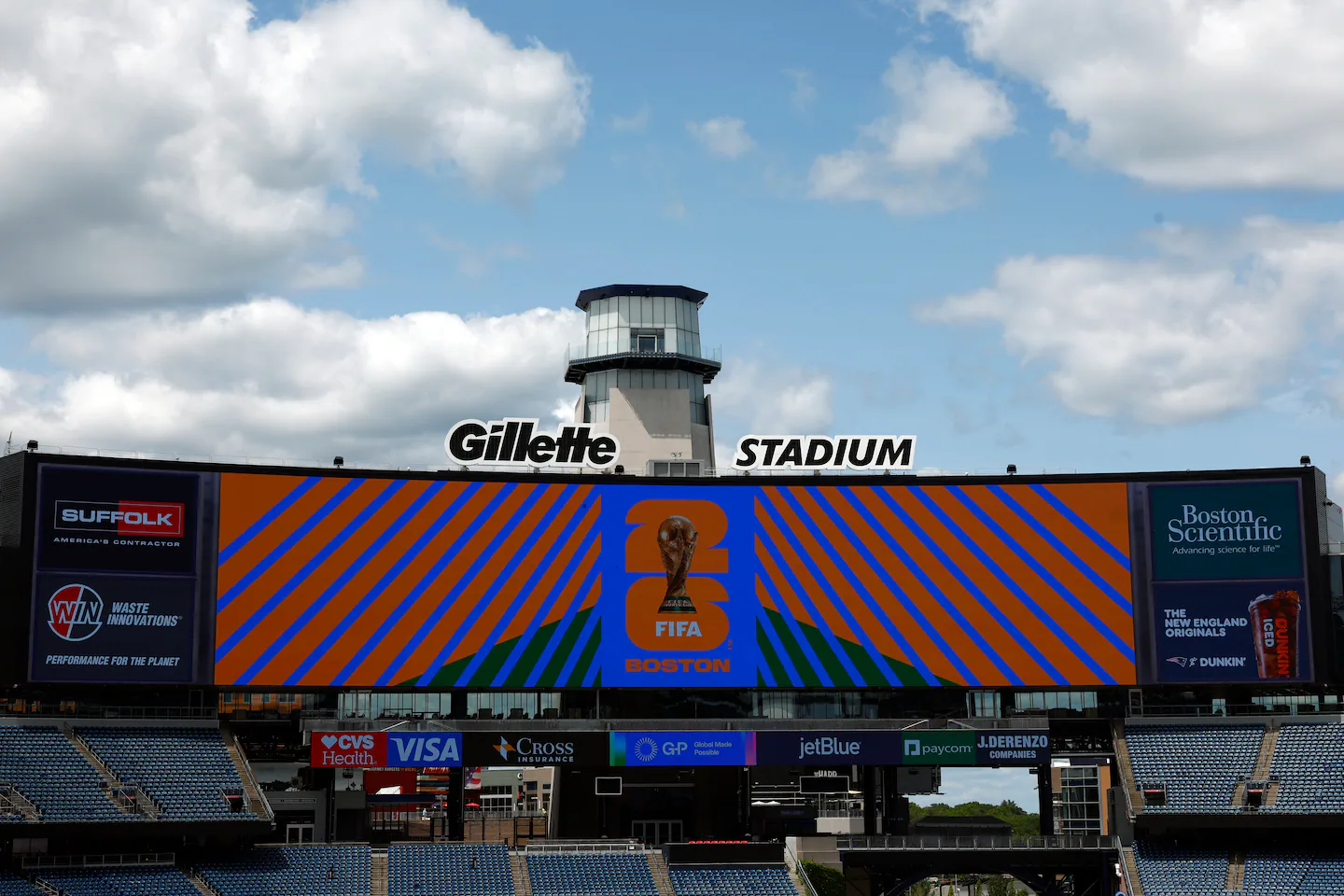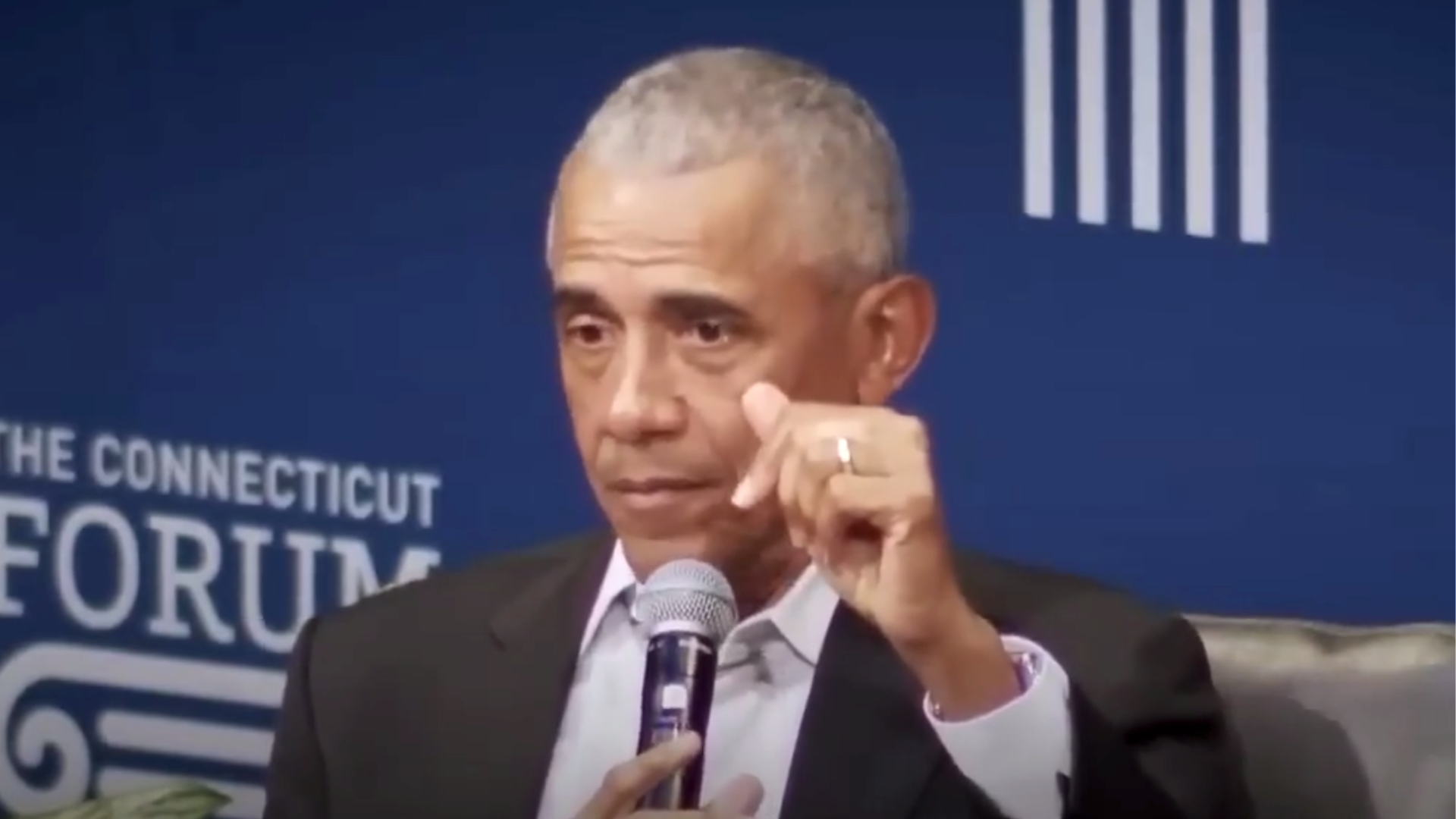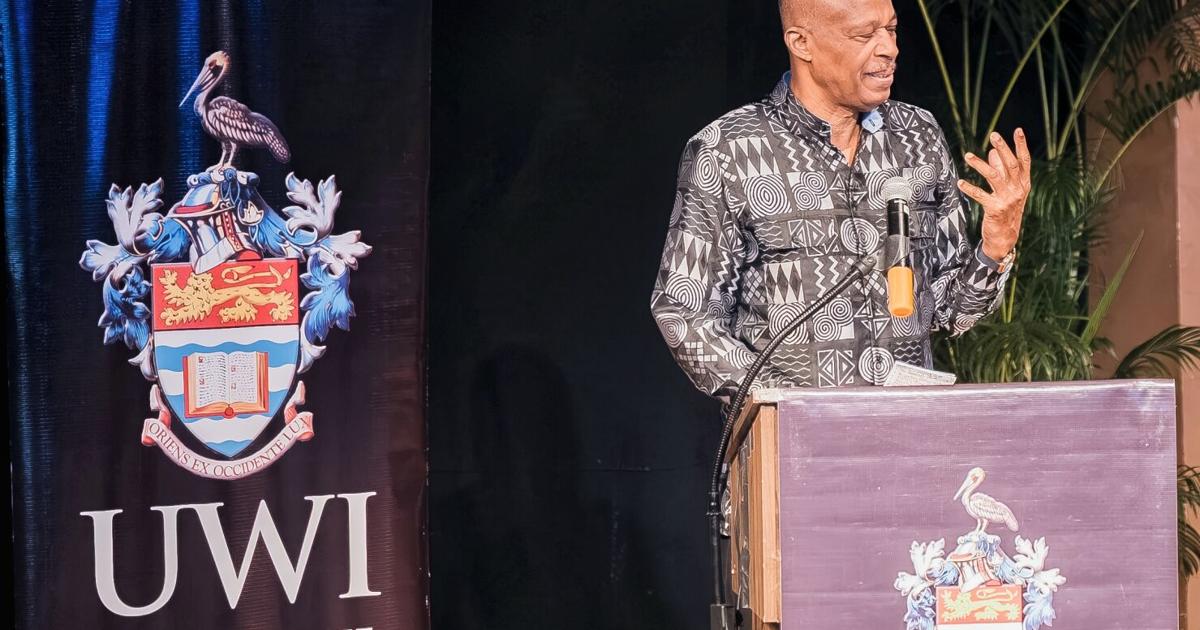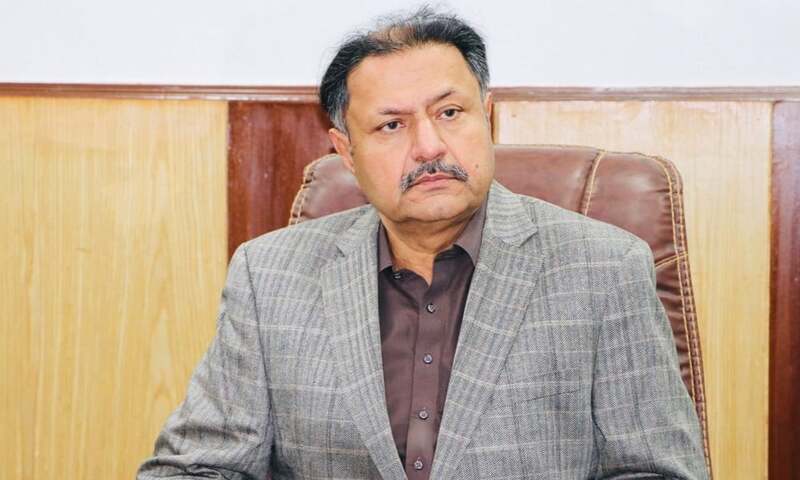Copyright The Boston Globe

Entertaining them all costs money, at least $100 million, and it’s mostly on local organizers to foot the bill. Host committee Boston 26 had planned to raise much of it through corporate sponsorships. But so far, local companies and other donors have only pledged about $20 million, according to Boston 26 officials. That’s just enough to cover the cost of FIFA-mandated requirements that Gillette will need to host games, from a new irrigation system to a grass field. Congress, ironically, is the biggest single source of funding, agreeing to provide $46.6 million to cover security. But there are many other needs, including transportation to far-flung Gillette and fan festivities in Boston and elsewhere. That goes a long way to explain why Boston 26, is anxious about not getting $20 million it had requested from Beacon Hill — where House and Senate leadership are at odds over how much to contribute. And as they pass the hat among big companies around town, folks aren’t eager to chip in. The monthlong extravaganza is expected to draw 2 million visitors to Boston and generate over $1 billion in economic impact. Many will come from abroad, and could stay for an extended period as their favorite team plays in the group stage, and perhaps beyond. The idea is to show them — and locals — a good time, with a “FIFA Fan Festival” that would host watch parties and lots of futbol-related fun over several weeks. Expect one centrally located main venue, potentially on City Hall Plaza, Boston Common, or Lawn on D in the Seaport District, along with other gatherings set up around the region. Mike Loynd, CEO OF Boston 26, compared hosting World Cup to having “seven Super Bowls in a month’s time.” But with the tournament just seven months away, finalizing plans has been difficult because Boston 26 is unsure how much money it can raise, even as other host cities like Atlanta and Kansas City, Mo., have already unveiled elaborate fan fests. Fund-raising has been a slog in part because there are other big celebrations here next summer that also need corporate support. Even as World Cup winds down, Boston will be getting ready for what is expected to be a bigger-than-usual Boston Pops Fireworks Spectacular on the Esplanade on July 4 to mark America’s 250th birthday. That will be followed by the return of Sail Boston’s Tall Ships July 11-16. To ensure that Massachusetts celebrates in grand fashion — after all, the first shot of the American Revolution was fired here — the state has set up MA250 Executive Committee, led by Eastern Bank executive chair Bob Rivers, to raise $8 million from the private sector. Over $5 million has already been brought in with contributions from Amazon, Bank of America, Biogen, Eastern Bank, Fidelity Investments, Liberty Mutual Insurance, M&T Bank, New Balance, Optum, Sanofi, Takeda, and Vertex among others. Meanwhile, Sail Boston’s Tall Ships has been fund-raising for two years seeking around $4 million in sponsorships. Funders so far include Meet Boston, the region’s travel tourism bureau, Hampshire House Hospitality Group, Fidelity, and Mapfre Insurance. Like the Pops on the Esplanade, Sail Boston is a free event expected to draw hundreds of thousands of visitors. Perhaps complicating World Cup fund-raising is President Trump’s recent threat to “take away” the games from Gillette Stadium and relocate them if he felt that Boston was “unsafe” to host soccer festivities. That kind of uncertainty might give some corporate sponsors pause, says Bob Lynch, founder and CEO of SponsorUnited, a data platform that tracks sponsorship deals. “It’s a great excuse for brands that are on the fence to be like, ‘Well, let’s take our time,’ ” he said. World Cup sponsorship deals are big-ticket items, likely in the millions of dollars, which means they can take longer to ink. And for many local companies, the soccer tournament is what Lynch describes as a “one-off event” and might not be as appealing as having partnerships for something like the Boston Marathon that happens annually. Plus, in the United States, sponsors are used to aligning themselves with other professional sports, such as the Red Sox or the Patriots, not so much soccer. The last time the United States hosted the World Cup was in 1994, including some games at the then-Foxboro Stadium. Potential sponsors also have to wrap their heads around why FIFA, the organization behind the World Cup, needs any more money. The wildly popular soccer tournament, which takes place every four years, will ultimately attract billions of dollars in sponsorship and worldwide broadcast deals — money FIFA mostly keeps for itself. That means host cities are on their own to pay for World Cup-related events. And even that comes with a wrinkle. Boston 26 can’t go after just any corporate sponsor. They have to make sure they don’t conflict with exclusive partnerships that FIFA has with brands like Adidas, Coca-Cola, and Unilever. It’s a problem that other host cities are also grappling with, said Michael Rocha-Keys, CEO of EMW Global, an international sports marketing agency. He has been advising clients to get “creative” and find workarounds for which “you don’t need FIFA’s approval.” Some cities, for example, might organize fan festivals without the FIFA branding. Boston 26 hasn’t yet revealed its local sponsors, though one early supporter has been Meet Boston. The tourism bureau has committed $5 million because World Cup will fill hotels and pack restaurants and other attractions. Meet Boston generates its revenue from a surcharge on hotel rooms in Boston and Cambridge, which it plows back into boosting tourism. The soccer boosters are certainly hoping the state will help too. In the Legislature’s most recent supplemental budget, the House has committed $10 million, though there’s nothing from the Senate. That’s far less than the $37.5 million Boston 26 had asked from Governor Maura Healey to defray costs for transportation and fan festivities, and only half of the $20 million they ultimately requested. Boston 26 is worried that the decrease in state funding will affect transportation plans and how fun Fan Festival can be. That matters because business and civic leaders hope that successfully hosting World Cup will lead to other opportunities for Boston to stage high-profile sporting events like the NBA All-Star game or NFL draft. “We have a once in a generation opportunity to use this spectacle as a blueprint and a catalyst to drive economic impact to the Commonwealth through the lens of sport well into the future,” said Loynd, the CEO of Boston 26, in a statement. That’s a lofty goal. First they have to get the World Cup over the goal line. And that’s proving to be a tough sell. Shirley Leung is a Business columnist and host of the Globe Opinion podcast “Say More with Shirley Leung.” Find the podcast on Apple, Spotify, and globe.com/saymore.



